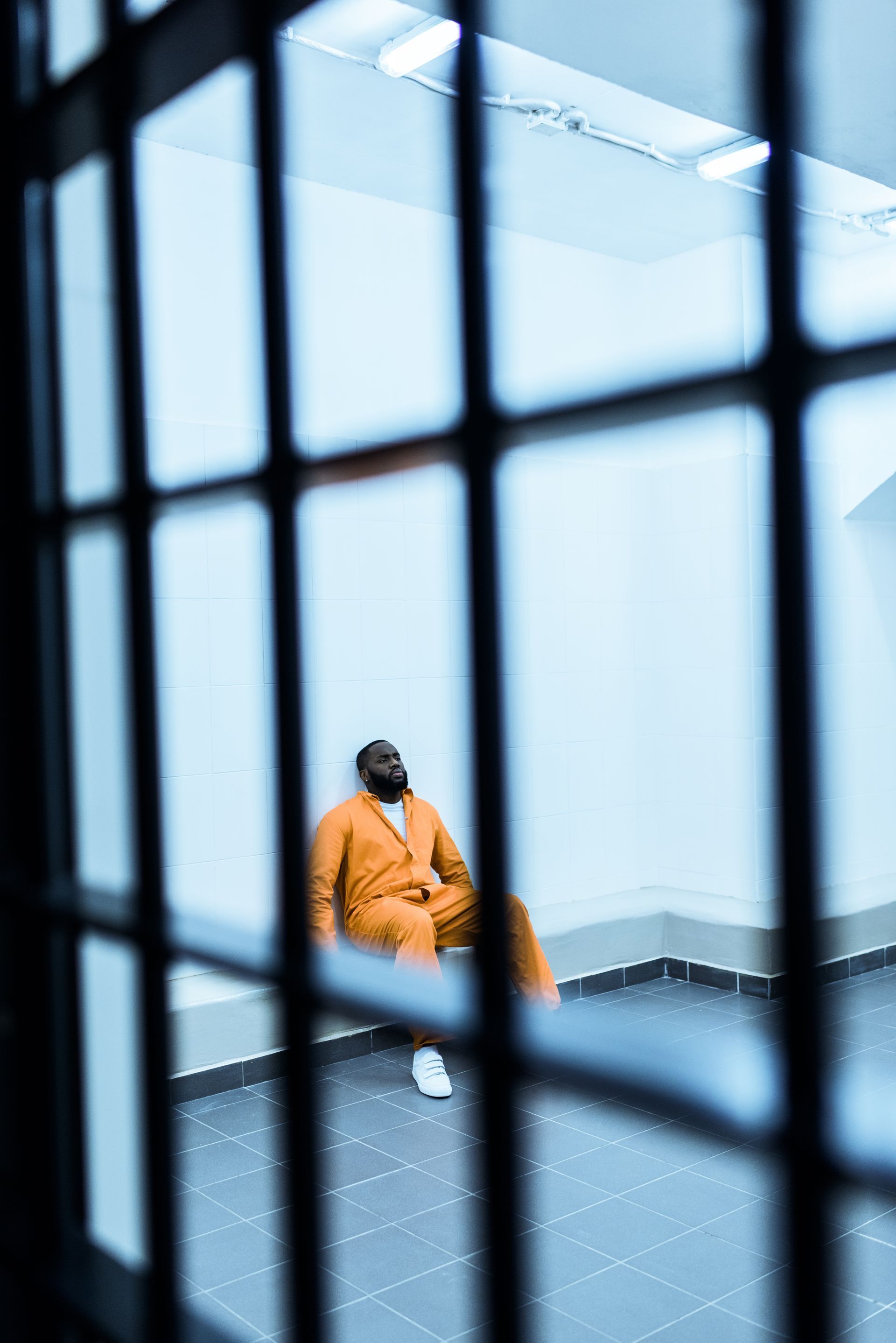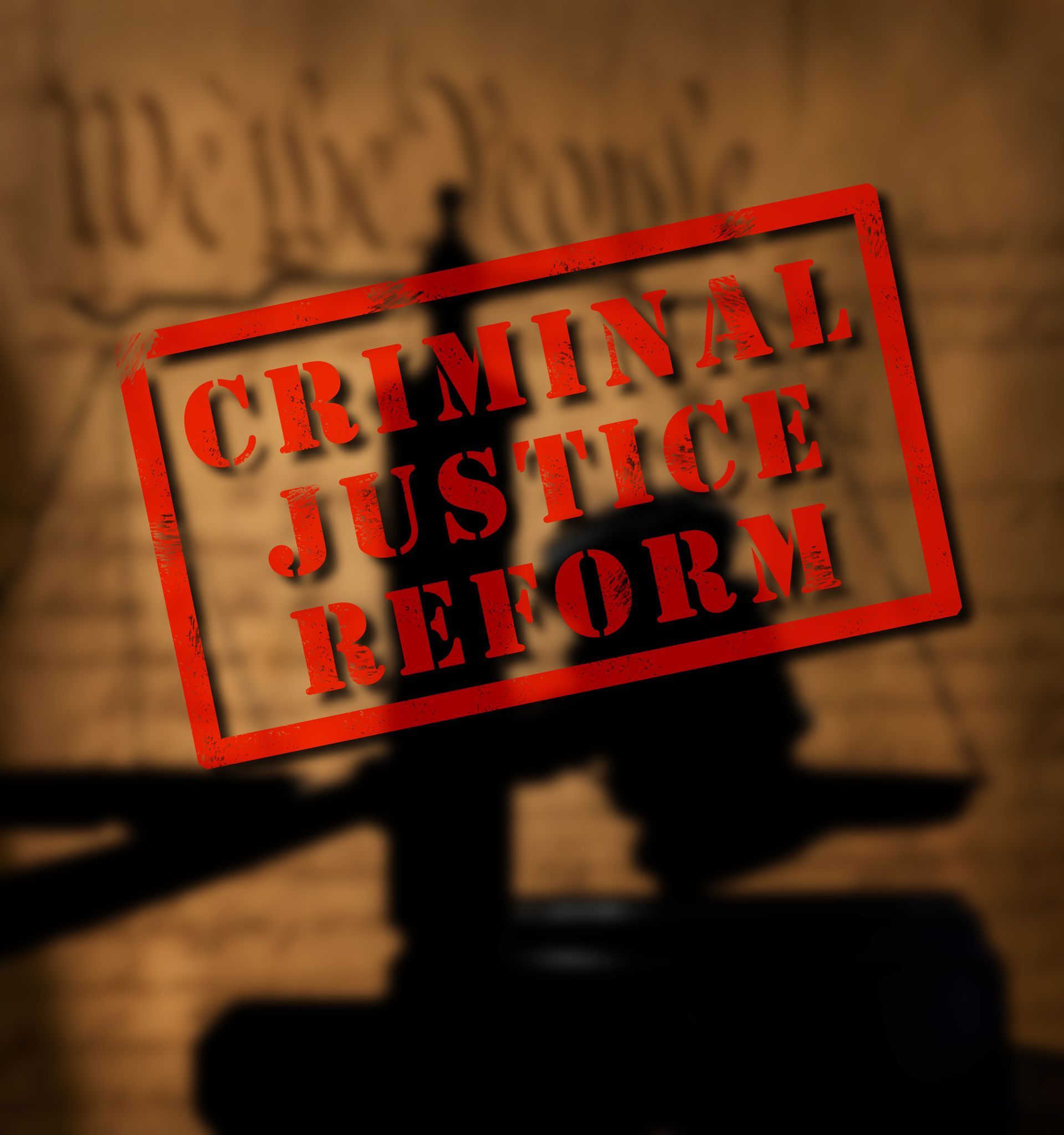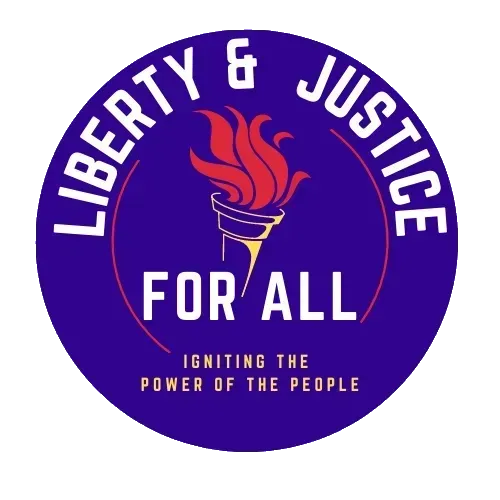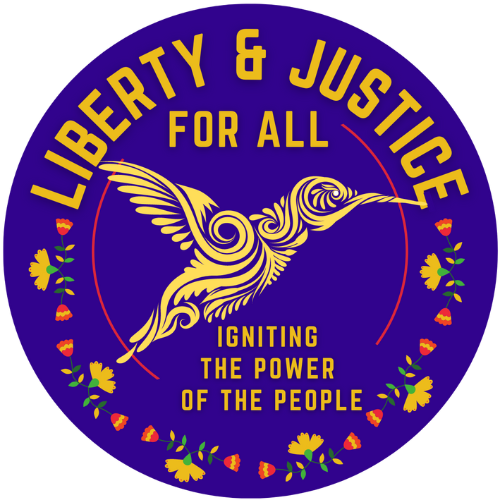Criminal Justice Reform
We provide a wide range of professional services to meet your needs. We promise to provide every service with a smile and to your highest level of satisfaction.
The time is now for Criminal Justice Reform
South Dakota has an incarceration rate of 824 per 100,000 people (including prisons, jails, immigration detention, and juvenile justice facilities), meaning that it locks up a higher percentage of its people than any democracy on earth.
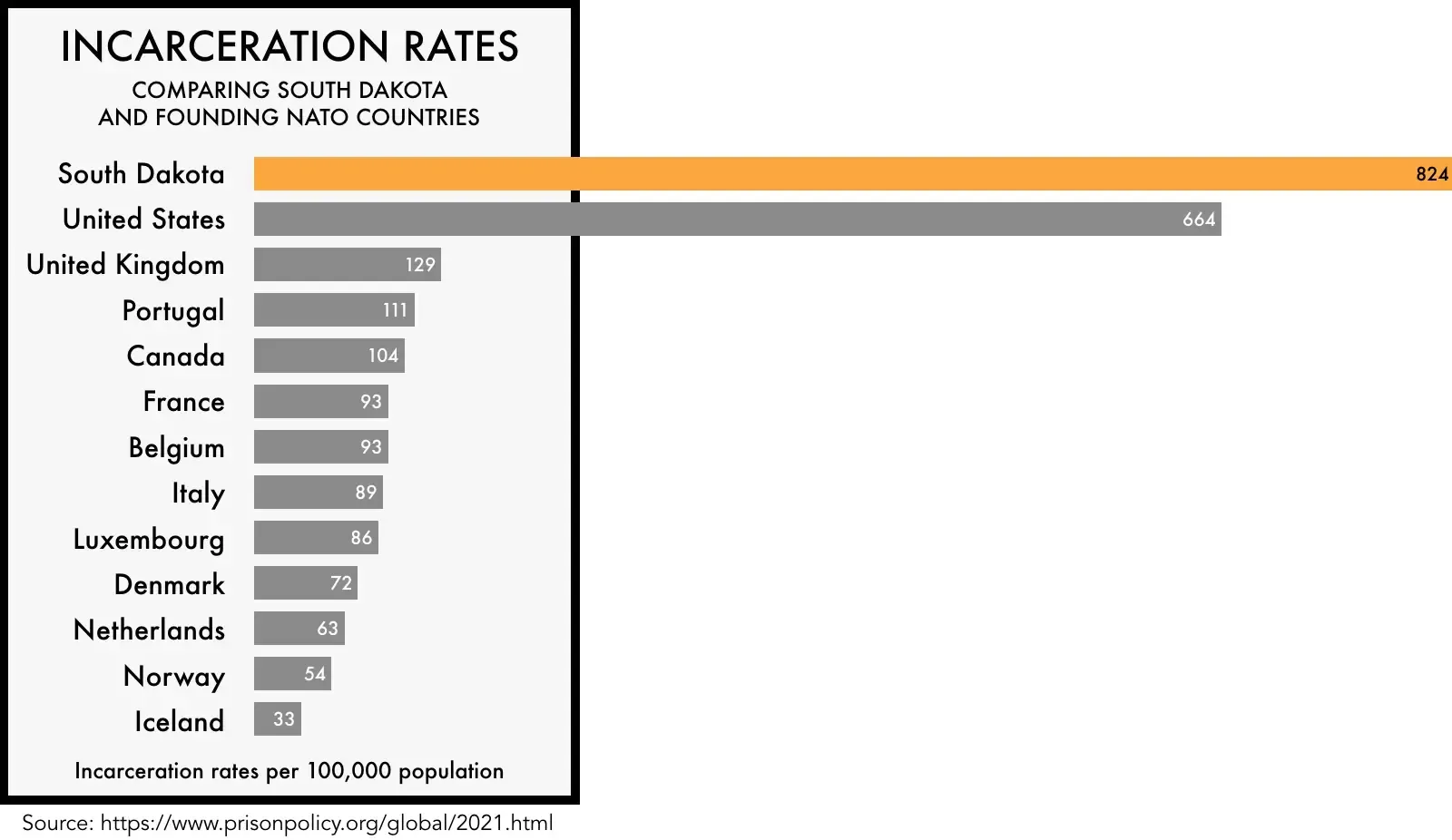
New Paragraphn the U.S., incarceration extends beyond prisons and local jails to include other systems of confinement. The U.S. and state incarceration rates in this graph include people held by these other parts of the justice system, so they may be slightly higher than the commonly reported incarceration rates that only include prisons and jails. Details on the data are available in States of Incarceration: The Global Context. We also have a version of this graph focusing on the incarceration of women.
6,500 people from South Dakota are behind bars
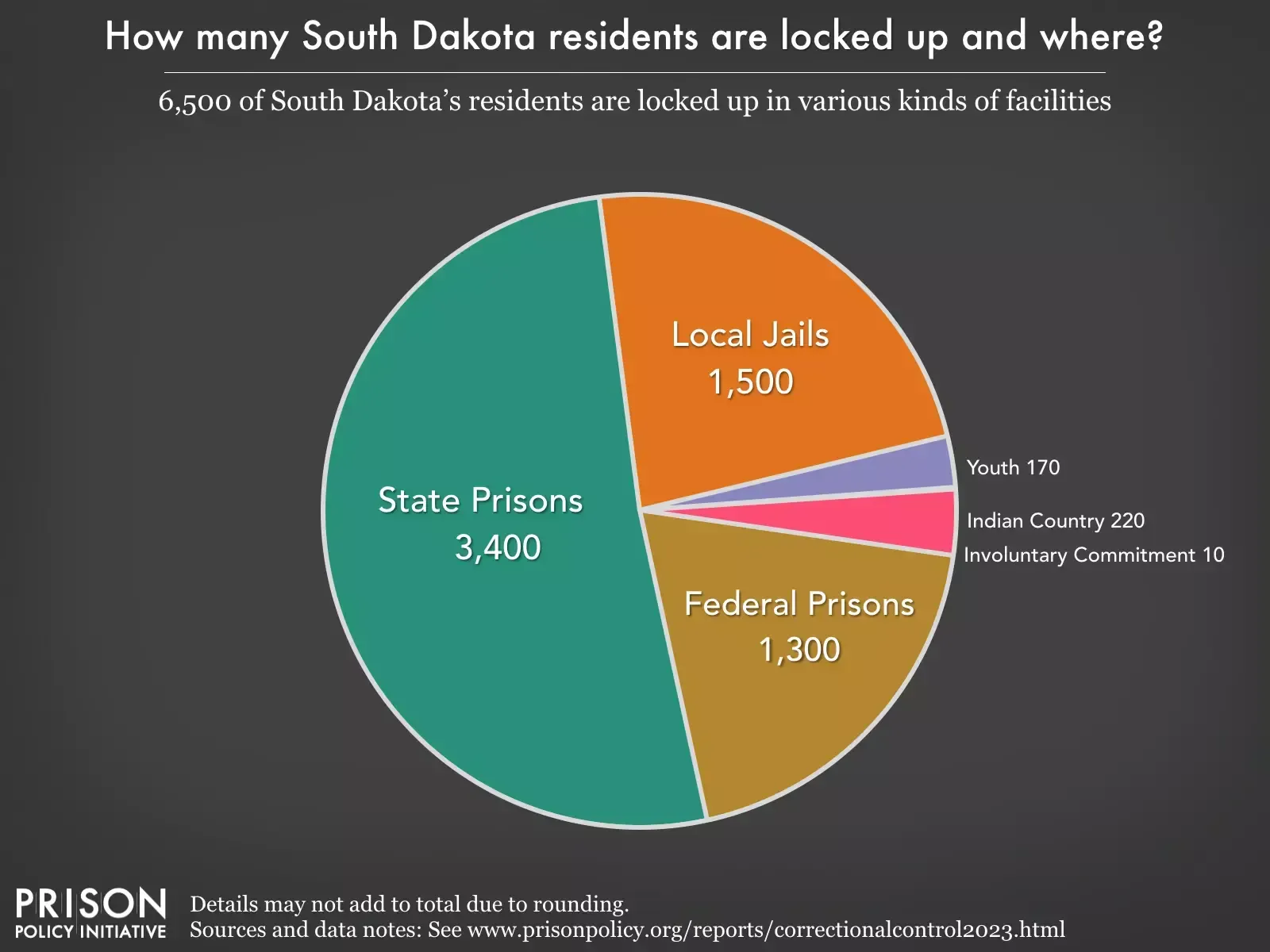
Additionally, the number of people impacted by county and city jails in South Dakota is much larger than the graph above would suggest, because people cycle through local jails relatively quickly. Each year, at least 25,000 different people are booked into local jails in South Dakota.
Rates of imprisonment have
grown dramatically in the last 40 years.
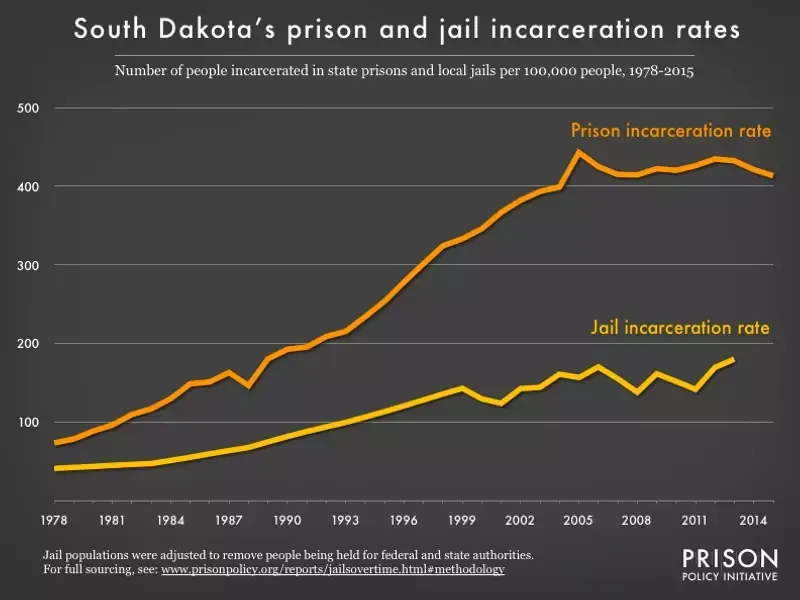
Also see these South Dakota graphs:
- total numbers rather than rates.
- Women’s prisons: Incarceration Rates | Total Population
- Men’s prisons: Incarceration Rates | Total Population
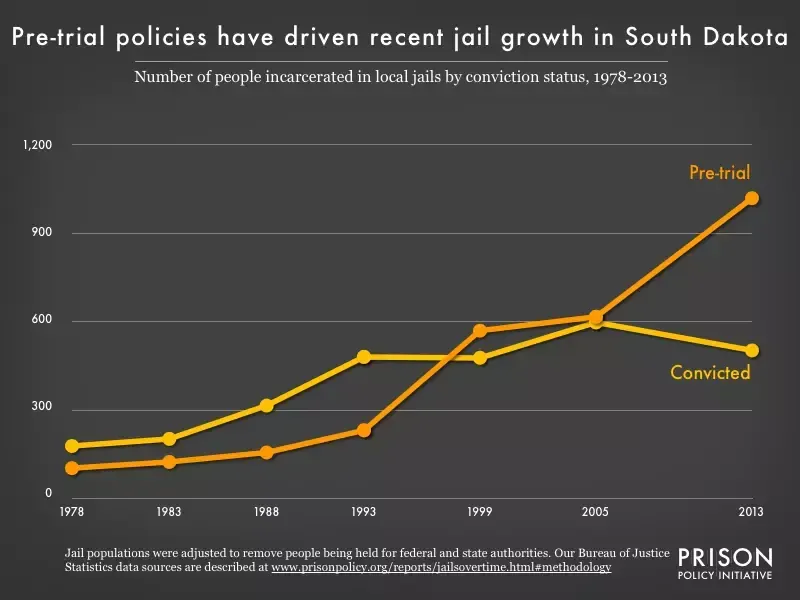
The high cost of being incarcerated in South Dakota
Prisons and jails in South Dakota are increasingly shifting the cost of incarceration to people behind bars and their families, hiding the true economic costs of mass incarceration:
- Jails in South Dakota charge up to $3.15 for a 15-minute phone call, reaping profits for companies, while prisons charge 90¢ for a 15-minute call.
- South Dakota suspended its $2 medical copays in prisons at the beginning of the pandemic for flu related medical visits — but should eliminate them completely.
- South Dakota prisons charge families up to a 16% fee to transfer money to an incarcerated loved one.
- People in South Dakota prisons must pay for hygiene items and other basics if they have more than $1.00 in their account. They must pay the state back for any items they receive.
- People in South Dakota prisons earn as little as 25¢ an hour for their work.
- The hidden costs in South Dakota’s “no-cost” prison tablet contract
- South Dakota charges up to 25¢ for an e-message to or from prison.
Our other articles about South Dakota
- South Dakota makes it difficult or even risky for incarcerated journalists to tell their stories.
- Bail companies in South Dakota have a track record of avoiding accountability, our report All Profit, No Risk and review of state-by-state evidence show
- South Dakota prisons release about 4,576 people every year
- How the end of Roe v. Wade will impact the 552 women on probation and parole in South Dakota
- 28% of corrections officers in South Dakota quit their job in FY2020.
- South Dakota hurts jury diversity by excluding people with felony records
- We graded the parole release systems of all 50 states - South Dakota gets a D
- Who's helping the 14,458 women released from South Dakota correctional facilities each year?
- Local governments still struggling with Census' prison counts
SOUTH DAKOTA LEADS NATION ON JAIL ADMISSIONS, NEW REPORT FINDS
Nearly half of all arrests in the state are drug or alcohol related, compared to just 29 percent nationally.
South Dakota, one of the least populated states in the country, jails the most people per capita, according to a new report from Prison Policy Initiative. The state jailed roughly 25,000 people in 2016, nearly 3 percent of the state’s population and almost twice the national average. That’s despite the fact that its crime rate is below the national average.
The new data builds on a report released by the group last month, which found that 4.9 million people cycle through jail nationally each year. More than a quarter were arrested multiple times, with Black arrestees jailed repeatedly at three times the rate of their white counterparts.
The report highlights the impact of incarceration. “Even short stints in jail can throw an individual’s life into disarray by forcing them to miss work, isolating them from loved ones, and cutting off any medications they are taking,” it states.
People in South Dakota are disproportionately arrested for drug offenses and nonviolent crimes. Nearly half of all arrests in South Dakota are drug or alcohol related, compared to just 29 percent nationally. And 85 percent of all arrests in the state are for nonviolent offenses, slightly above the national average. Advocates say the data suggests South Dakota is using the criminal legal system to address issues like substance use and poverty, which they say would be better dealt with in other ways.
“We can’t incarcerate our way out of addiction,” Libby Skarin, policy director for the ACLU of South Dakota, told the Appeal by email. Skarin said the charge “unauthorized ingestion of controlled drug or substance,” which allows police to arrest people who have taken illegal drugs, even if they no longer possess them, should be reclassified as a misdemeanor, and that the state should invest more in diversion and treatment programs for substance use disorders.
